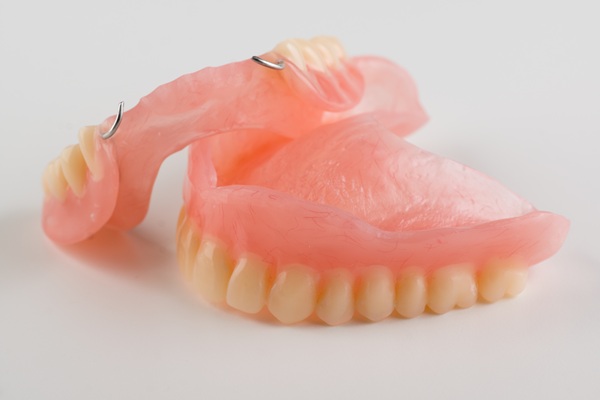Post-Op Care for a Root Canal

A root canal procedure is the preferred alternative for patients with teeth that cannot be remediated with ordinary filling. The process involves removing the tooth pulp to strengthen the tooth and avert further damage. Advances in the procedures and pain management have made the procedure less troubling for patients than it used to be.
At our office, we ensure that patients can retain their natural teeth using the latest restorative techniques following a root canal treatment. We also employ pain relief tactics. Patients who observe the important do’s and don’ts of root canal aftercare have better chances of recovering faster with high success rates.
Why post-op care for a root canal is necessary
Root canal treatment has impacts on the tooth structure, making aftercare important. Sadly, some patients lose their teeth following the treatment due to teeth fracture or breakage. If the fracture occurs below the gums, the tooth cannot be saved and must be removed. With adequate aftercare, you can be sure of a fast and successful recovery.
Root canal aftercare
If you have recently undergone root canal treatment, below are suggestions that will help you get the best results:
Minimize stress on the tooth
Until the dental expert places a crown, the tooth has no protection. Try not to chew on the tooth to prevent pressure on the affected teeth.
Eat more soft foods
Stay away from hard or crunchy foods. Consuming hard or crunchy foods make the temporary filling susceptible to damage. The filling helps seal the tooth before the placement of the permanent restoration. Chewing or biting on hard foods can injure the filling or fracture the tooth. Until the final restoration is in position, avoid these food types.
Brush the teeth carefully
Be cautious when flossing or brushing the teeth. You need to be thorough with cleaning but proceed with care. Flossing the temporary filling is more difficult, so take your time. You can talk to the endodontist on how best to proceed.
Get dental crowns
With the removal of the inner layer of the tooth, the structure is much weaker. Ensure that you get dental crowns to cover and protect the tooth from damage. Crowns can be placed after the tooth and gums have completely healed.
Treat discomfort
Pain relievers can help alleviate the pain and discomfort that occurs after the procedure. You can procure over-the-counter anti-inflammatory drugs such as ibuprofen and acetaminophen to lessen the pain that you experience days after the treatment. Advancements in the techniques have made post-op pain something less to worry about.
Discomfort usually stops within the first few days. If the pain persists or intensifies, reach out to the endodontist immediately.
What to expect after a root canal
After a successful root canal treatment, you will need to visit the office for regular checkups. Crown placement is usually performed a few weeks after the procedure. To ensure full recovery, you must keep all your appointments.
To find out more about post-op care or root canal treatment, do not hesitate to reach out to our office. We will be glad to attend to you.
Request an appointment here: https://www.esdmke.com or call Eastside Dental at (414) 888-4000 for an appointment in our Milwaukee office.
Check out what others are saying about our dental services on Yelp: Root Canal Treatment.
Related Posts
Patients who are scheduled for a root canal may wonder whether such a procedure is necessary. A root canal can save your natural tooth and prevent you from needing a replacement, such as a dental implant or denture. So, while you might not choose to get a root canal for fun, it is a useful…
It is hard to compare dental restorations to a healthy, functional tooth. With regular brushing, flossing, and dental checkups, you should be able to maintain your teeth for a lifetime.However, infections sometimes set in, anyway. You should always opt for treatments to save your tooth. You may consider teeth extraction as an easy way out,…
There are two words that I think it’s safe to say no one wants to hear, root canal. Yes, this is one of the most dreaded procedures we would have to go to the dentist for. Dental anxiety is a natural emotion for many individuals and needing a root canal can be scary. The truth is…
Preparing for an upcoming root canal? This procedure is one that often causes anxiety; however, modern-day dentistry has allowed for serious innovations in technology, thus ensuring positive results that are achieved with little to no discomfort involved. In general dentistry, a root canal falls under the category of restorative work. When a tooth is in bad…


